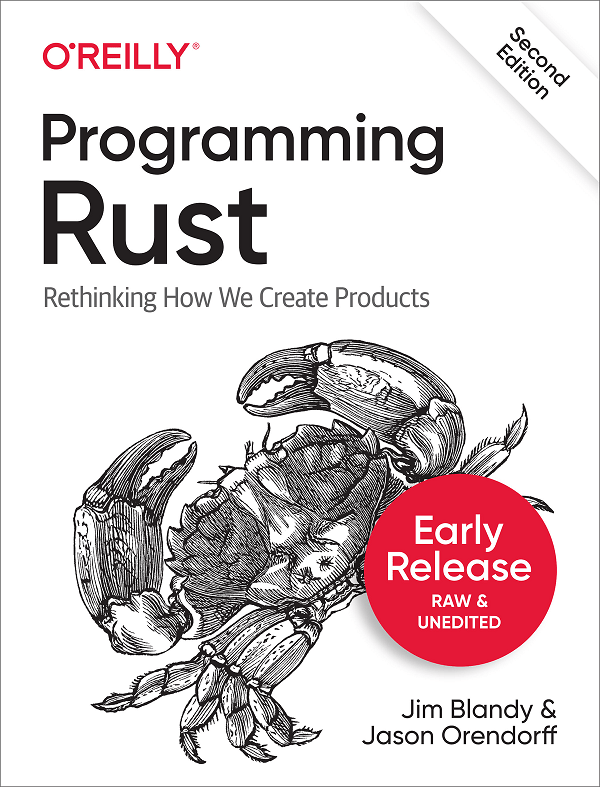

Unlike other languages, Rust analyzes a program’s memory compilation at compile time, often preventing bugs and errors that might occur from poor memory management. On the topics of security and safety, Rust is cited as one of the most safety-first languages. Once data is assigned to another variable, it’s either moved or copied. To solve this, Rust only allows one variable to own a piece of data. One of the problems with this method is that sometimes two variables can be assigned to the same data on a heap. Heap is used for memory that might be changed in the future, which means most developers budget spaces for items in a heap and then sign them onto a space in a stack. Stack is a type of memory used for assigning dynamic memory that’s known memory, such as integers and strings. When it comes to low-level programming languages, there are two types of memory: stack and heap. Ownership enables Rust to make and guarantee memory safety without the need for a garbage collector. Ownership is often regarded as the most unique feature of Rust.
#Rust programming language popularity code#
Rust has built-in support for multi-threading, and with its ownership and borrowing rules, developers have been able to write better concurrent code using the language - all because Rust prevents data races during compile time. Rust has built-in support for concurrencyĬoncurrency is simply what happens when multiple copies of the same program are run at the same time and during the time of execution, those copies of the program communicate with each other. Rust solves this with zero-cost abstractions. To accomplish this, engineers try to limit code optimizations and memory overhead, which pushes indirect memory access that can cause performance at runtime. Their goal is to design a project with quality code management, readability, and quality performance at runtime.
#Rust programming language popularity software#
This means it doesn’t matter if you use loops or closures - they all compile down to the same assembly.įor software engineers, many issues around systems programming are memory errors. With zero-cost abstractions, compile time memory checks, and garbage collections, Rust doesn’t check and collect memory at runtime but tracks the lifetime of code at compile time. One of Rust’s best features is zero-cost abstractions, meaning you don’t have to pay for features you don’t use, so whether you use abstractions or go the “manual” implementation, costs around speed, memory consumption, etc., is the same. Benefits of Rust Rust has zero-cost abstractions Now let’s talk about why Rust is as popular as it is. Rust solves problems associated with C/C++ such as garbage collection and safety. Rust is often cited as a language of choice for systems programming by developers because it combines best-in-class speed with a very low resource usage while still offering the safety of a standard server language. To see some more amazing products created with Rust, you can check out this link for Rust production users. Rust has been used to build many great websites and products such as 1Password, Figma, NPM, Coursera, Mozilla, Atlassian, Dropbox, and more. It provides zero-cost abstractions, generics, functional features, and, for many developers, these solve most of the problems of other low-level languages, such as memory errors and building concurrent programs.

Rust was built with safety, speed, and efficiency in mind. Rust is a statically typed, multi-paradigm programming language that’s focused on safety and performance.

In this article, we’ll discuss what Rust is, its benefits, and use cases in both the workforce and in side projects. Rust was officially released in 2015, and has gone through a number of changes and updates in order to become the beloved language that it is today. This is no coincidence, as Rust not only provides a special combination of performance and security for developers, but it also provides beginner-level developers with tools to ship code faster. Why is Rust so popular?Īccording to 2020 StackOverflow surveys, Rust is the most loved programming language of 2020, with more than 86 percent of people who have used it willing to use it again. He is passionate about community and software engineering processes. He is a student of the University of Port Harcourt. Fortune Ikechi Follow Fortune Ikechi is a frontend engineer based in Rivers State, Nigeria.


 0 kommentar(er)
0 kommentar(er)
